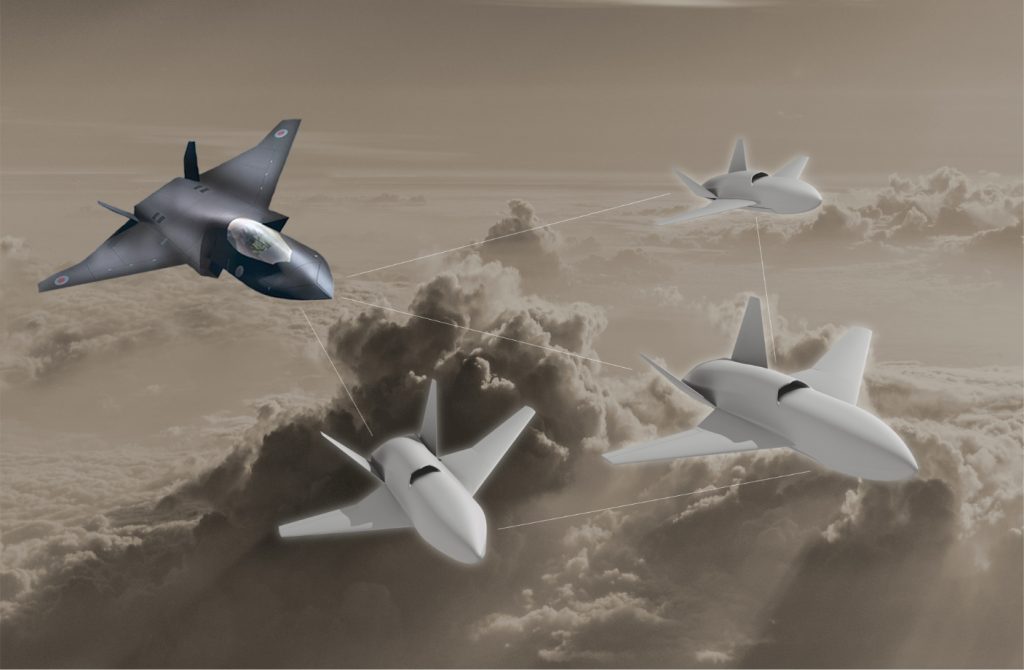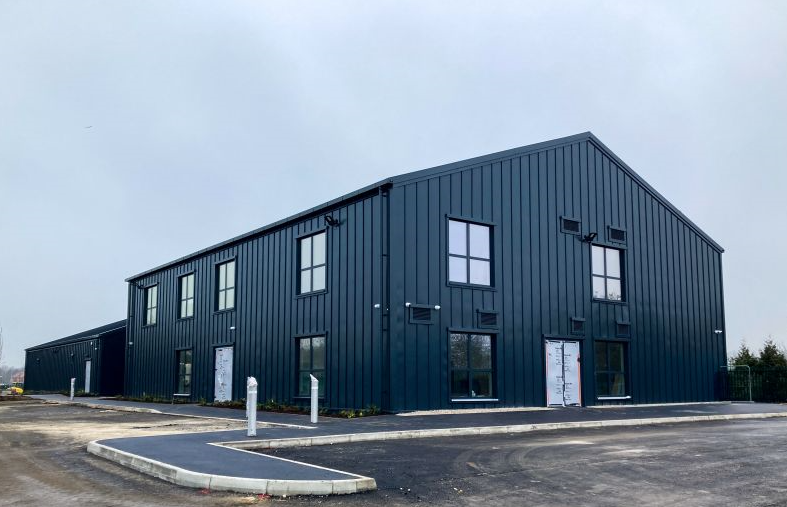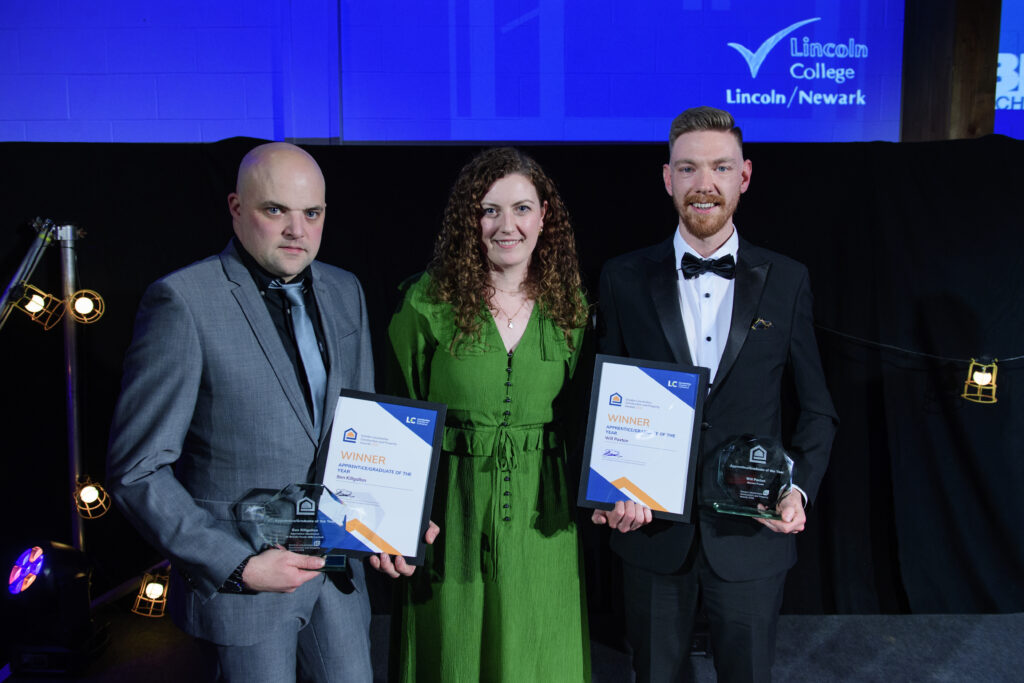NCC & Dstl, Advanced Design of Composite Structures for future Combat Aircraft
The team at Morson Praxis has been collaborating on the latest technologies for the next generation of lightweight, strong, and resilient combat aircraft composite structures.
Client Brief
Pioneering the Future of Combat Aircraft
Our client sought to advance research into composite structures for next-generation combat aircraft — enhancing strength, reducing weight, and improving efficiency.
The goal was to explore innovative design concepts that could shape the future of airframe development and help deliver high-performance, cost-effective, and sustainable aircraft solutions for the UK defence sector.
Project Overview
Advancing Composite Design for Defence Innovation
The UK defence sector drives innovation through research and development, supporting the armed forces in adapting to the evolving demands of modern combat.
As part of this mission, the Advanced Design of Composite Structures for future Combat Aircraft (ADCoSCA) programme was launched — a £1.4 million, two-year initiative led by the National Composites Centre (NCC) and Defence Science and Technology Laboratory (Dstl).
The programme brought together Morson Projects, BAE Systems, and QinetiQ to develop novel, transformational design ideas for composite airframes. The work aimed to build a foundation for future combat aircraft concepts spanning crewed and uncrewed vehicles.
Image Gallery
Exploring Advanced Composites — Innovation in Action

The Challenge
Unlocking Efficiency and Performance
Developing the next generation of combat aircraft requires significant advancements in manufacturing efficiency, material performance, and sustainability.
Future airframes must be strong, lightweight, fuel-efficient, and built to withstand extreme conditions — all while reducing CO₂ emissions and life-cycle costs.
Composites play a key role in achieving these targets. The ADCoSCA programme was initiated to push the boundaries of what’s possible, combining advanced research, design trade studies, and structural innovation.
The Programme
Collaborative Innovation in Action
Led by a joint NCC and Dstl steering group, the ADCoSCA programme ran in partnership with BAE Systems, QinetiQ, and Morson Projects:
- Year One focused on a comprehensive State of the Art review, identifying key materials, design techniques, and technologies with potential to transform aircraft structures.
- Year Two progressed to airframe trade studies and concept development, where Morson Projects played a central role in generating innovative airframe design solutions.
Areas of investigation included:
- Unitised Structures: Streamlining integration of airframe components for both crewed and uncrewed vehicles.
- Thermoplastics: Developing damage-resistant, high-performance materials with manufacturing advantages.
- Fairings: Designing novel structural and semi-structural aero panels to enhance efficiency and performance.
Results
Shaping the Next Generation of Aircraft Design
The collaboration produced a “Tree of Options”, a visual mapping of airframe design trades and structural pathways.
This work provides the Ministry of Defence with vital technical insights and directions for future airframe research.
Additionally, the NCC and Morson Projects created a roadmap for future ADCoSCA work, setting a clear course for ongoing development across composite materials, manufacturing processes, and airframe design innovation.
Impact and Next Steps
Building the Future of Air Power
Through pioneering work on materials technologies, structural concepts, and manufacturing innovation, the ADCoSCA programme has built a strong foundation for the UK’s next generation of combat aircraft.
Dstl plans to expand this research in a follow-on programme, focusing on broader aircraft concepts, further optimisation, and high-fidelity prototype development.
The outcomes of this work are poised to influence major UK defence initiatives, including the Global Combat Air Programme (GCAP) and Future Combat Air System (FCAS) — securing the UK’s position at the forefront of aerospace innovation.

